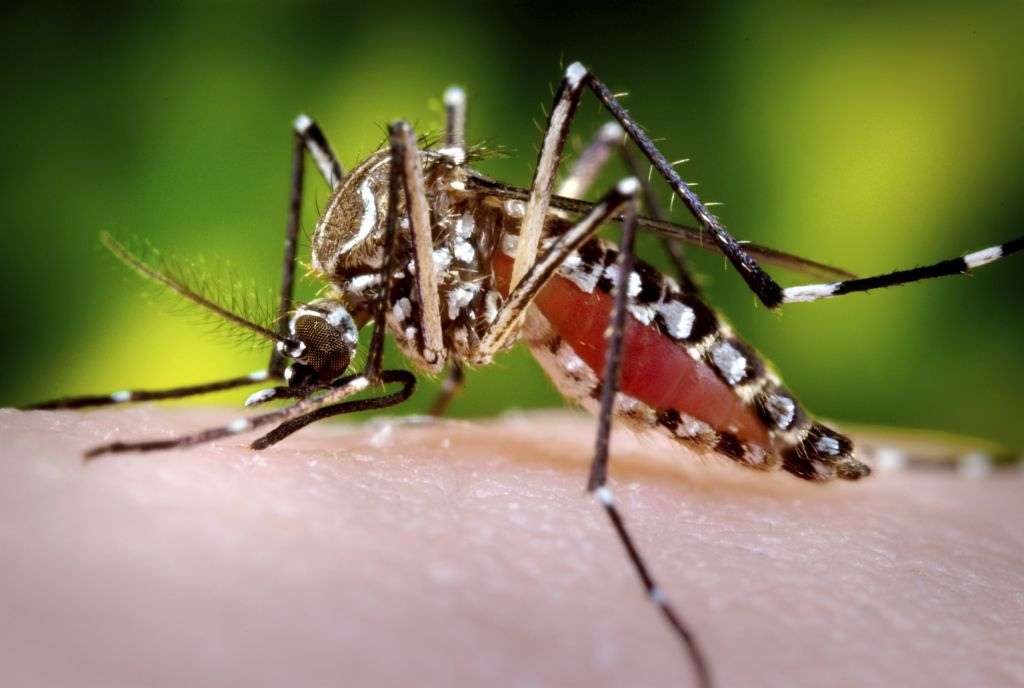Australian Experiment Kills 80% of Disease-Spreading Mosquitoes

Thanks to the Commonwealth Scientific and Industrial Research Organisation, the population of mosquitoes that spreads diseases – such as dengue and Zika, has almost been eradicated.
In an experiment, scientists grew a species of mosquitoes called Aedes aegypti, and then they sterilized them. Afterward, they released the sterilized males in a test region and observed the population of mosquitoes from November 2017 until this June.
In a statement, CSIRO director of Health and Biosecurity, Dr. Rob Grenfell, said:
“The invasive Aedes aegypti mosquito is one of the world’s most dangerous pests, capable of spreading devastating diseases like dengue, Zika and chikungunya and responsible for infecting millions of people with disease around the world each year.”
Considering the problem caused by this type of mosquitoes, scientists have looked for a way to eradicate the pests.
They used a method called the Sterile Insect Technique, which has been used since the 1950s. The method was used on other types of mosquitoes, but never on the Aedes aegypti species.
The tests started by rearing 20 million mosquitoes, choosing the male ones (3 million mosquitoes), expose them to a naturally occurring bacterium, and then release them to suppress the population. Scientists released the sterilized male mosquitoes to mate with the local females. The females laid eggs, which did not hatch, reducing the population with 80%.
Testing the Sterile Insect Technique Overseas
Dr. Rob Grenfell explained that:
“Increased urbanization and warming temperatures mean that more people are at risk, as these mosquitoes, which were once relegated to areas near the equator, forge past previous climatic boundaries.”
To fix this problem, researchers want to test the technology in other areas overseas where there are high levels of dengue fever to fight against the menace.
According to the World Health Organization estimations, each year, 4 billion people in 128 countries are likely to contract dengue by being bitten by an infected female mosquito.
0 comments